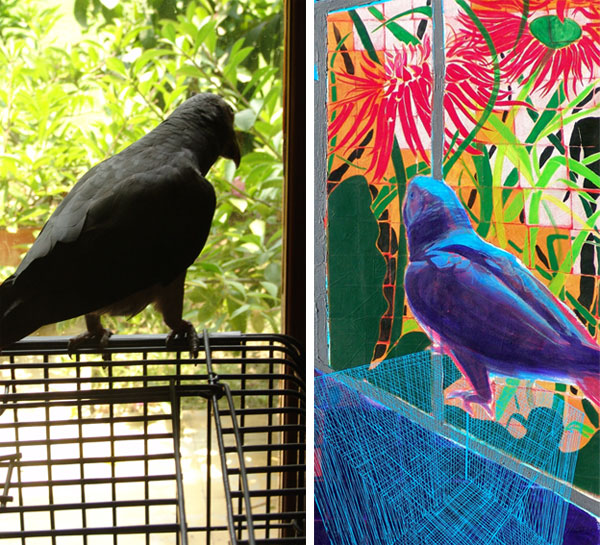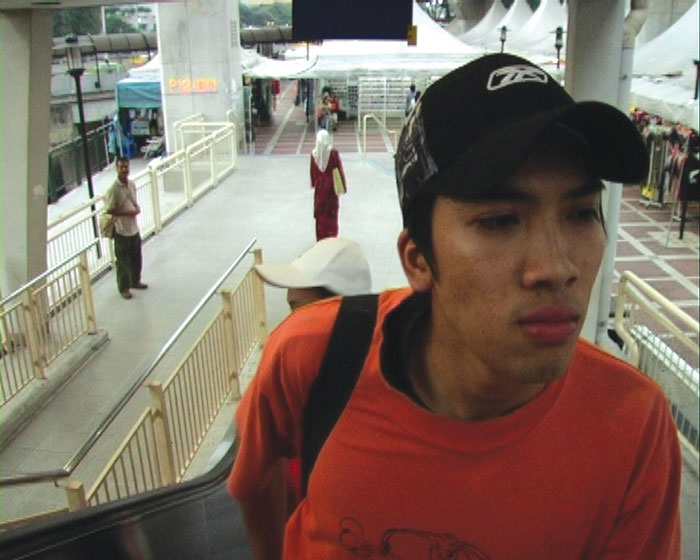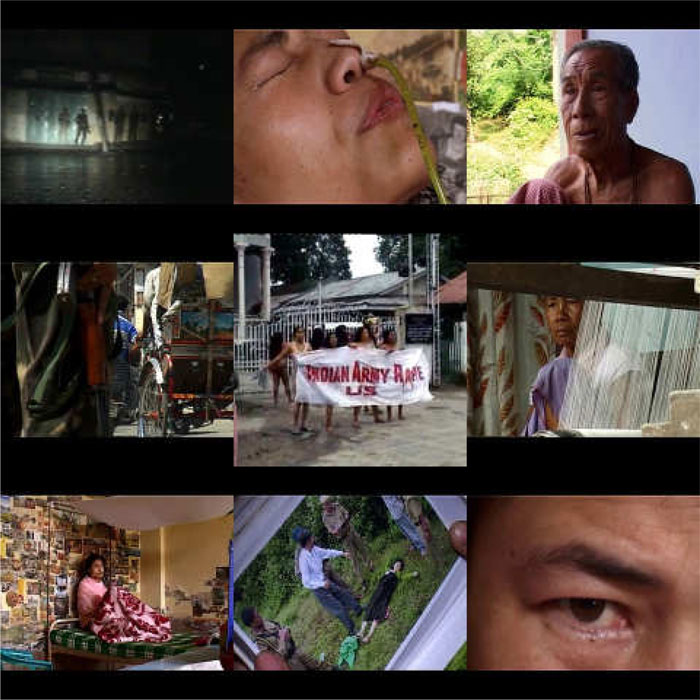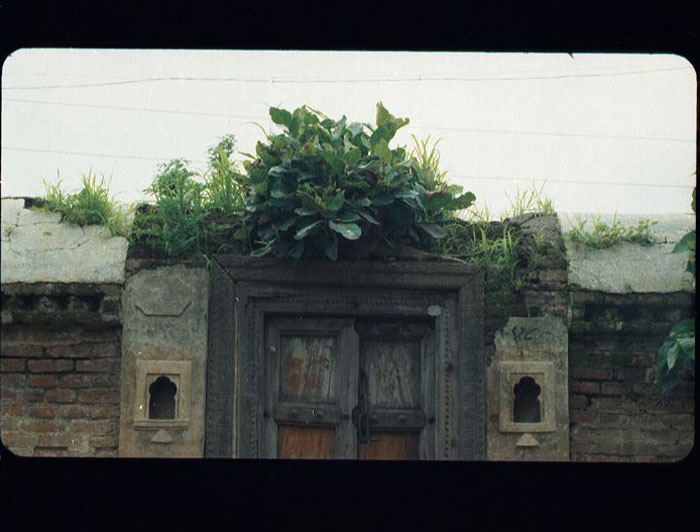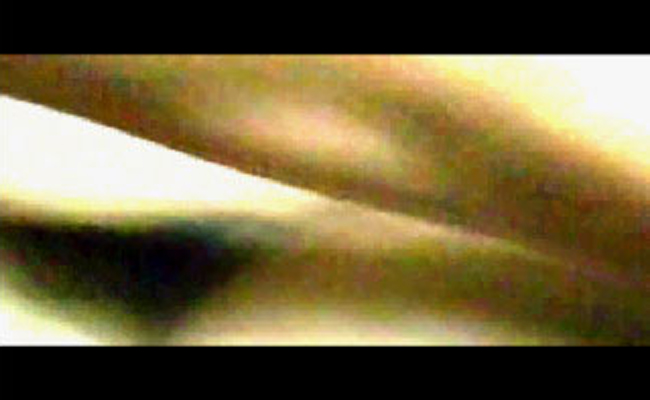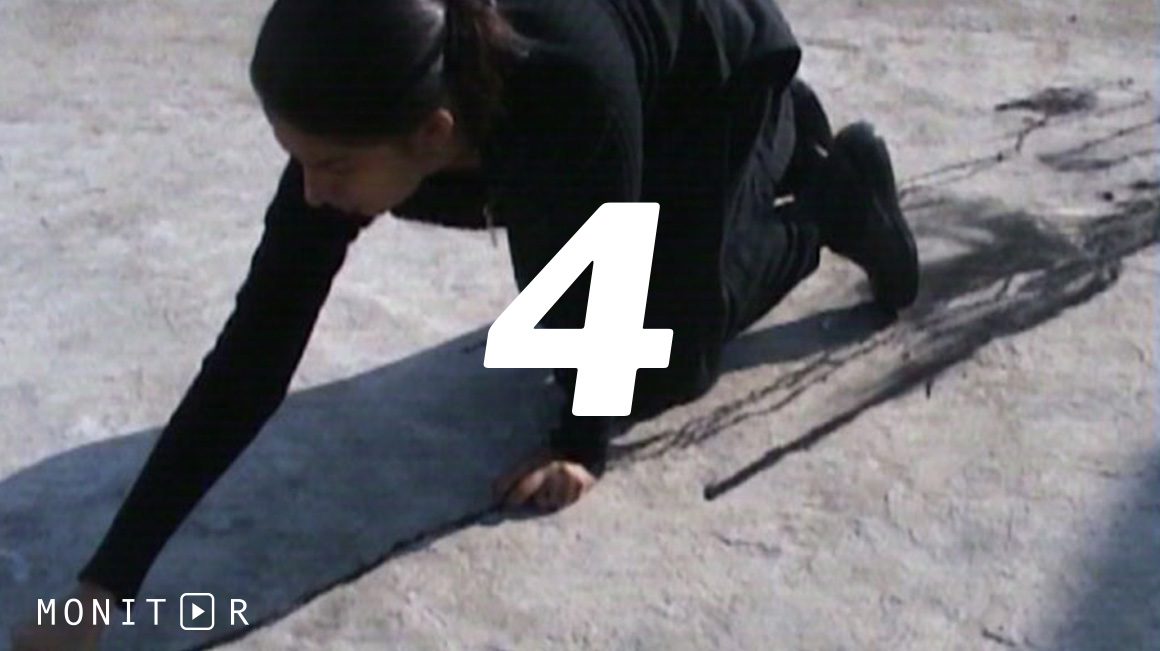Characters and objects spill out from the confined spaces in the artist’s paintings to create a sequence of dynamic, colourful, and lively images.
Saba Khan has been working primarily as a painter in Lahore. In 2007 she was invited to India by SEHER to attend an artist residency program in Jaisalmer. She also won the UNESCO-Aschberg Bursary as well as the residency program at Civitella Ranieri Foundation, Italy. The artist lives and works in Pakistan.
